Description
Many Sparrows
by donnarkevic
A young boy grows up in a small steel town along the Ohio River between 1963 and 1968, while another boy’s suicide overshadows the community. These poems tell their story.
Sample Poem:
“I Could Just As Well Be a Poet of Sewing Needles”
~ Garcia Lorca
On the back porch, Bessie sits
on a wooden chair,
the finish on the seat worn,
a white moon where a flower pot rested.
By the dim light of a 40-watt sun,
she sews a tear in her husband’s work-shirt
turned inside out on her lap.
She wets the thread.
Removing her glasses, she slips the fiber
through the needle’s eye.
To prevent the seam from fraying,
she creates a running stitch along the length
of the tear, then inserts the needle
just the way her mother taught her.
After knotting, she bites the thread
so close to the shirt
she can smell the faint odor
of blast furnace steel and his sweat.
Turning the shirt right side out,
she places the needle in the cushion,
her husband dead only a week
but her grandson in need of a shirt tonight,
his new job, a pin man in the wire mill
on the graveyard shift.
About the Author
During the 1950’s and 1960’s, donnarkevic grew up in Ambridge, PA, a steel town north of Pittsburgh along the Ohio. Many family members lived within walking distance of each other and worked in the local steel mills. For twelve years, the author attended Catholic schools, later graduating from the University of Pittsburgh with a BA in Secondary Education. Besides being an English teacher, donnarkevic has been a steelworker, a teamster, a food service worker, a prison inmate counselor, and presently works with the mentally challenged. Family, blue collar work, and religion are often reflected in the writer’s poetry, short stories, and plays.
After college graduation, donnarkevic moved to Philippi, WV, to teach and considers West Virginia an adoptive state. Its people, its heritage, and its extraction industries are often reflected in his work.
Late in life, the author earned a MFA from National University. Literary journals have published work alongside writers such as Joyce Carol Oates, Naomi Shyhab Nye, and Barbara Smith. Main Street Rag published the chapbook, Laundry, in 2005. In 2013, FutureCycle Press published, Admissions, a full-length book of poetry. Plays have received readings in Chicago, New York, Virginia, and West Virginia.
Nearing retirement, the author intends to continue writing and seeking opportunities to learn and to teach other writers.
What They’re Saying . . .
These poems by donnarkevic, emotionally riveting and often deeply disturbing, are pure marvels. Readers will sense the words and images for this work were not readily at hand, nor even that these poems could have been fashioned by a mere re-shaping of poetic styles already in existence. Rather the language of these poems seems forged from the explosive heat and fury of WWII and Vietnam and the hammering personal events of the poet’s formative years. The images are often startling: “the tabernacle, God’s golden hideout”; the moon as a “round white scar in the sky / a pool where the tears of stars collect”; “dead as red tongues of slag / the steel mill dumps; the golden monstrance / peacocking the Eucharistic host, / the Cyclops eye of the God.”
This series of images gives only an inkling of donnarkevic’s ability. Often poems conjure the everyday sensory experiences of that period: waxing cars, watching television on sets with older technology, listening to 45 rpm records. Occasionally words and images are quietly humorous. At the same time ordinary, conversational speech is entwined with powerful symbols and indelible historical images to create work that is nothing short of revelatory.
In donnarkevic’s poetry we are reminded that personal and private experience is never independent from the historical and the cultural. A Polish Catholic altar boy grows up in a multi-ethnic environment in Pittsburgh from 1963-1968 where memories of the outrages of WWII—the Holocaust, Nazis, Mussolini, Russian POWs, the fire-bombing of Germany–still threaten to overwhelm the townspeople’s lives even as the new horrors of Vietnam—the flagdraped coffins of American soldiers, the self-immolation of Buddhist monks, the rape of Vietnamese women, the napalmed fields and villages—become the shocking images of the period and the monstrous shapes impinging on the consciousness of the young speaker of the poems. And then there is the suicide by hanging of another young boy, Stevie, in the neighborhood, an act by which he is transformed into the speaker’s doppelganger. The speaker wears the dead boy’s clothes, takes over his newspaper route, and climbs the death tree in an effort to understand. Stevie’s death is a dark lure and yet a clear warning to the intelligent, sensitive speaker as he moves toward self-realization.
~ Dr. Sandy Vrana, Professor Emerita, Alderson Broaddus University, West Virginia
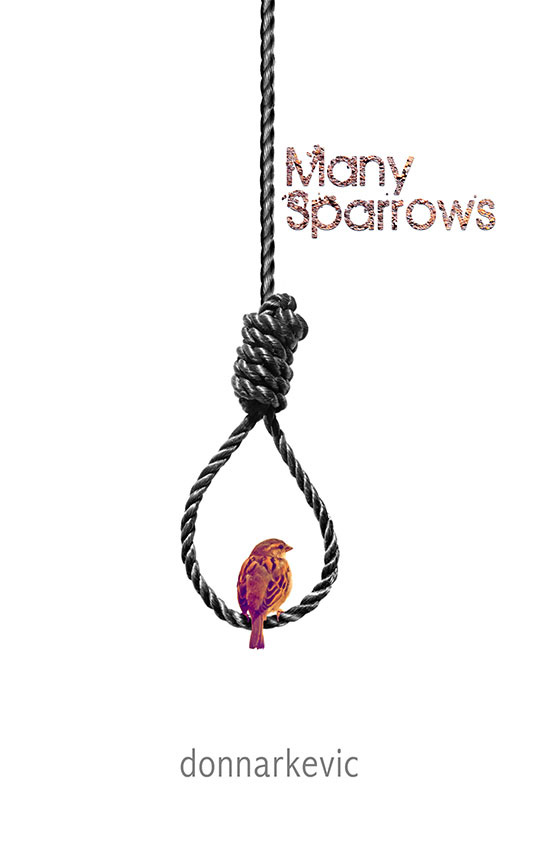
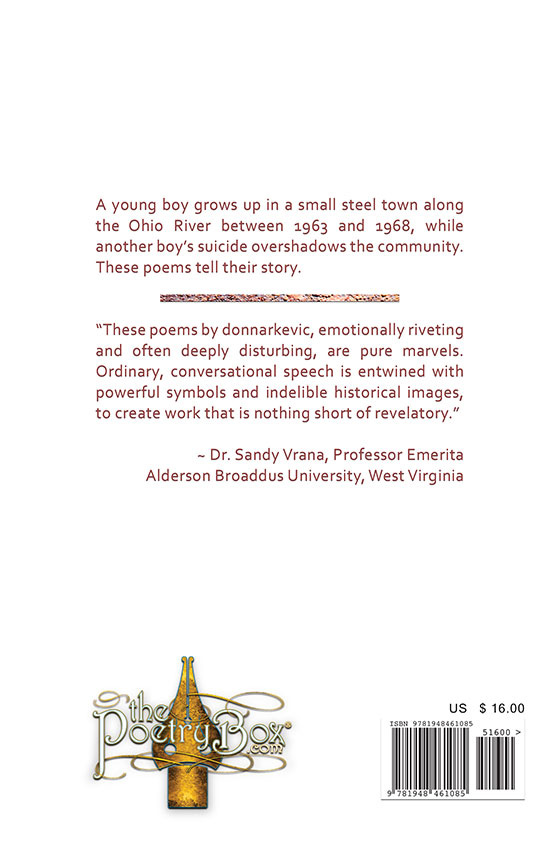

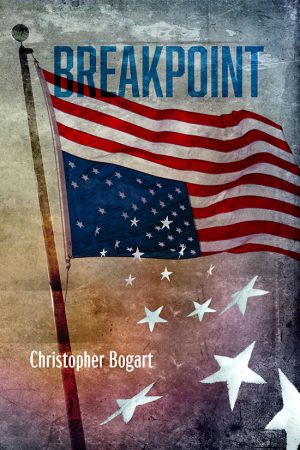
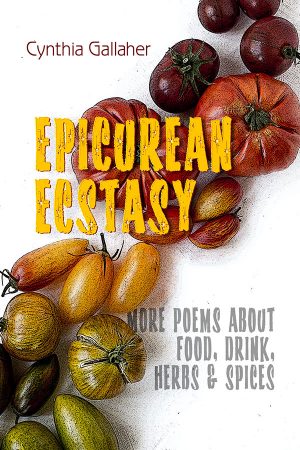
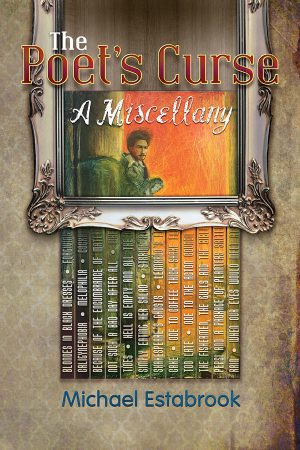

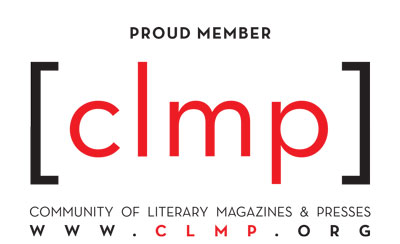

The Poetry Box –
“These poems by donnarkevic, emotionally riveting and often deeply disturbing, are pure marvels. … ordinary, conversational speech is entwined with powerful symbols and indelible historical images to create work that is nothing short of revelatory.”
~ Dr. Sandy Vrana, Professor Emerita, Alderson Broaddus University, West Virginia